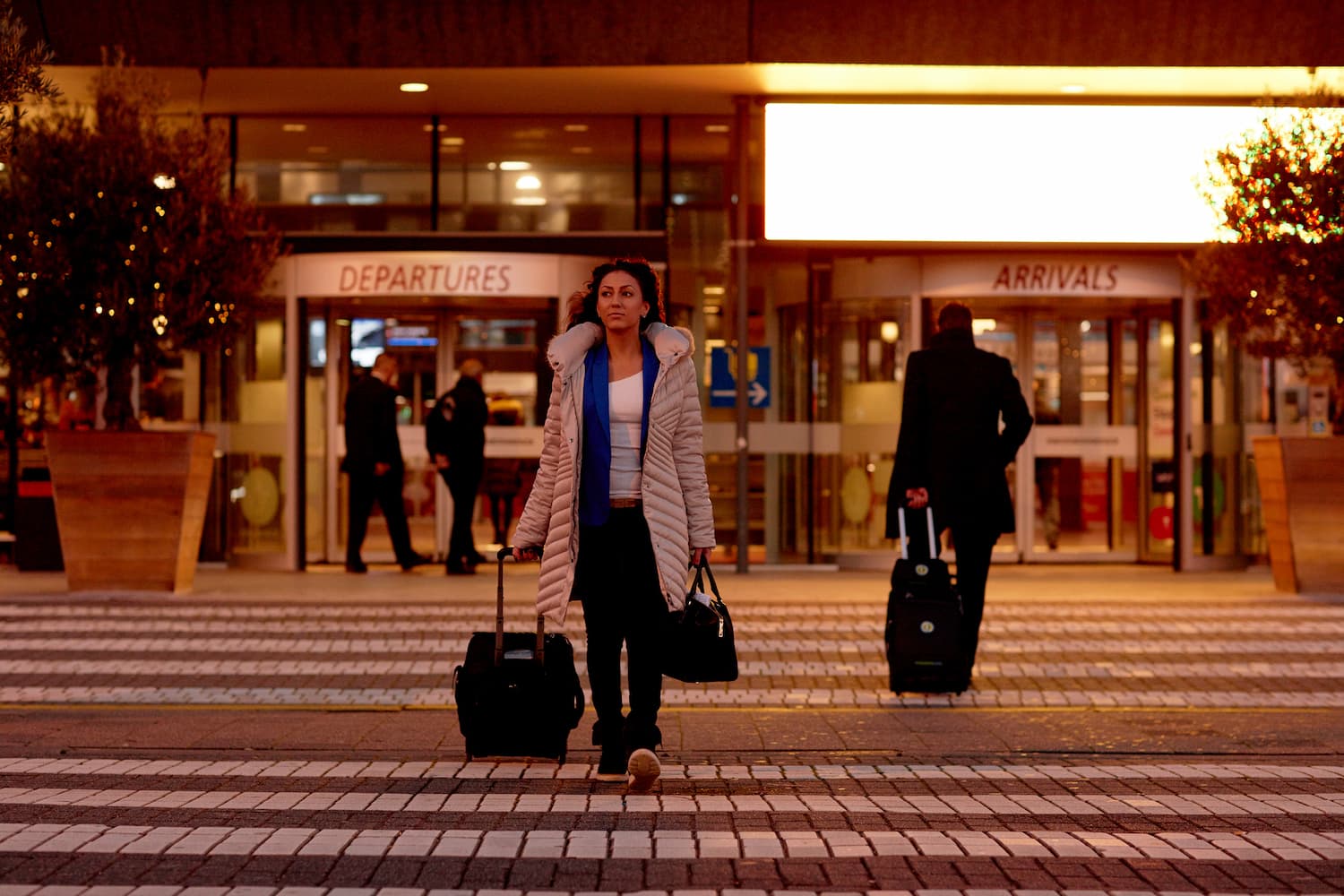Inside tips for expats about moving abroad
Career and development

Career and development
You have made your decision: you are going to work abroad. You are becoming an expat. For a year, two years, maybe even five years. On the one hand, you are (probably) looking forward to this new and exciting opportunity. On the other hand, there is so much to take care of before you can actually move. Are you well prepared? And how do you know if you have taken everything into account before moving?
Our experts at Celsium Powered by Brunel, an employee relocation service providing end-to-end global mobility solutions, share seven of their best, inside tips with you!
First things first! What could be worse than moving to a new country only to find out that it really wasn’t what you expected? Whilst a good session or two on cultural differences will certainly help you understand what to expect, you should try and visit the location for a few days before you make the move. Have a tour around to investigate the local facilities and amenities and look at a few housing areas. You could even make a couple of appointments to view some rental properties, so you can get a feel for the size and quality. Forewarned is forearmed.
Do your research here before you commit to a move. Whilst the rent in Geneva, Switzerland, may be slightly lower than that of London, grocery shopping is much more expensive. Your employer might offer a Cost of Living Allowance (COLA) to cover such theoretical cost differences between home and host locations, but many don’t. Make sure you do your homework first, so you don’t get caught out.
Thankfully, you no longer need to visit a local branch of a bank to open an account. To help avoid the reams of paperwork traditionally needed to open an account, most banks provide international accounts designed for people living and working abroad. It’s often possible to open an international account before you have even left home. These accounts allow you to access your funds immediately and pay any local bills, such as rental deposits and property holding fees. Some real estate agents don’t accept credit cards, so the ability to pay directly from a bank account may be a significant benefit in some locations.
Whilst English is widely spoken in a business context, not everybody can or wishes to do so. In France, for example, the locals may not be so keen to speak English. Learning at least some of the local language will enrich your experience, but will also make your life a lot easier. You will be more readily accepted by the locals if you at least attempt a few words of their language, even if you don’t quite get it right!
Cultural awareness is often overlooked when moving to a new location. Understanding the habits and customs of your host country can make or break an assignment. For example, rushing your Indian colleagues into a business decision will not sit comfortably with them as they prefer to get to know you first. An estimated 30% of the assignments fail due to cultural issues, so understanding the local culture is critical to your success in the new location.
Before you move to your new location, it does pay off to dive a little deeperinto some daily situations, like:
No matter what steps you take to learn about the culture beforehand, you will undoubtedly at some point suffer from culture shock. Even countries that speak the same language, like the UK and the US, are so very different. Expect a settling in period where you will experience frustrations and confusion as you get used to your new environment. These feelings won’t last and you’ll soon learn to adjust to the cultural norms. Before long you will feel much more comfortable in your new surroundings.
It’s very tempting to hunt out your fellow countrypersons and join expat clubs and keep everything very familiar. To a degree, you should do that, but you need to burst the “home bubble” and step out of your comfort zone. Making the effort to befriend the locals will help you integrate into the local environment much more quickly and undoubtedly make your experience richer and more rewarding all round.
Are you considering moving abroad to work as an expat? Or do you want to know more about the possibilities? Contact Celsium Powered by Brunel for more information!